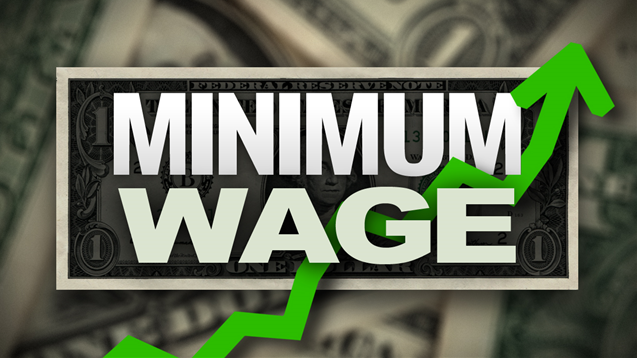The highest minimum wage set by federal, state, county, and city law applies to the worksite at which the employee works. In other words, employees are entitled to the highest of the minimum wage set by the jurisdiction in which they work.
Minimum Wage Rates
The current federal minimum wage is $7.25 per hour.
Effective January 1, 2024, California state minimum wage will increase from $15.50 per hour to $16.00 per hour for all non-exempt employees.
The increase is due to California Labor Code § 1182.12, which requires the California Director of Finance to determine on or before August 1 of each year whether to adjust the minimum wage because of inflation. Relying on federal data showing a consumer price index increase of 6.16%, the Department of Finance determined that a 3.5% minimum wage was warranted.
There is a California ballot initiative on the November 2024 ballot to increase the minimum wage to $18 per hour (the Living Wage Act, Initiative 21-0043).
Many cities and counties in California have set minimum wage higher than $16.00, meaning employers in those localities must pay the higher amount.
Salary Increase For Exempt Employees
For employees to be exempt from hourly pay, overtime, and breaks, California law requires that:
- Job Duties. The employee perform exempt duties 50%+ of their work time; and
- Minimum Salary Threshold. Employees exempt pursuant to the executive, administrative, or professional exemptions must earn a salary of no less than two times the state minimum wage for full-time employment.
The minimum salary threshold amount is based on the state minimum wage amount — i.e., (state minimum wage x two) x 2,080 hours = minimum salary threshold.
Effective January 1, 2024, the minimum salary threshold is $66,560 per year for all employers regardless of size.
***
Those with questions about their own situation should contact Colby Law Firm.
